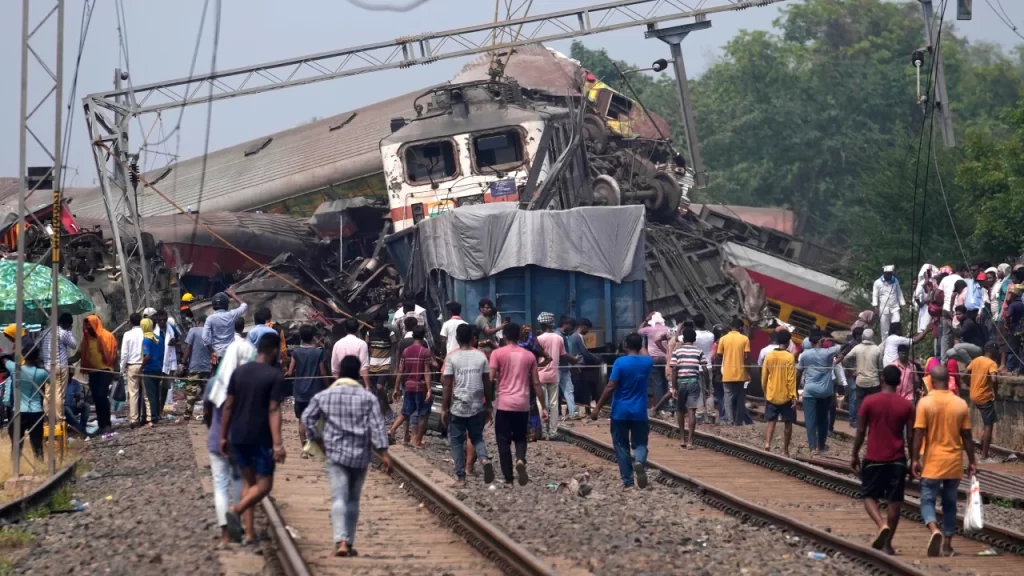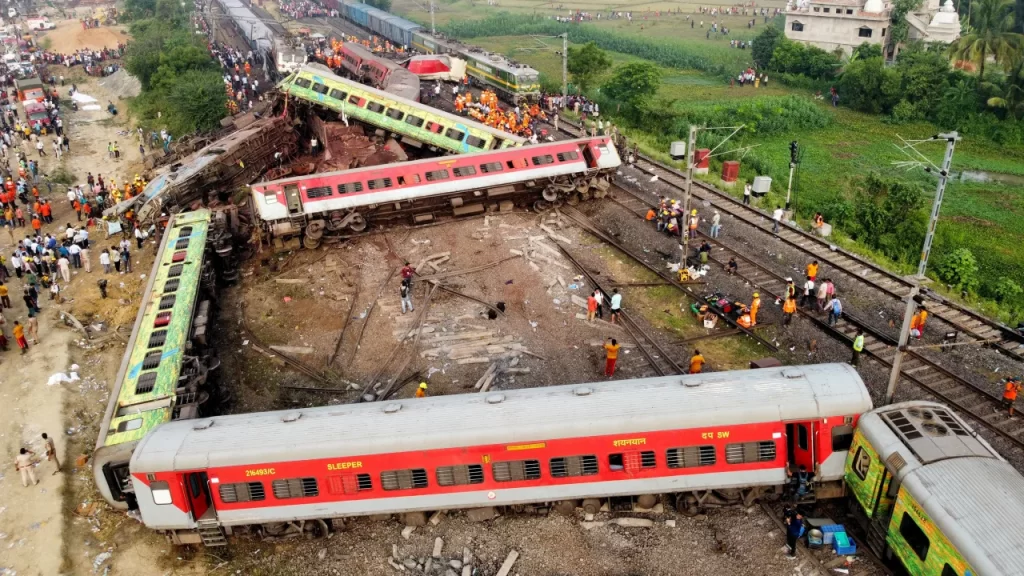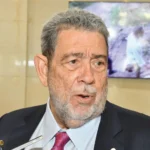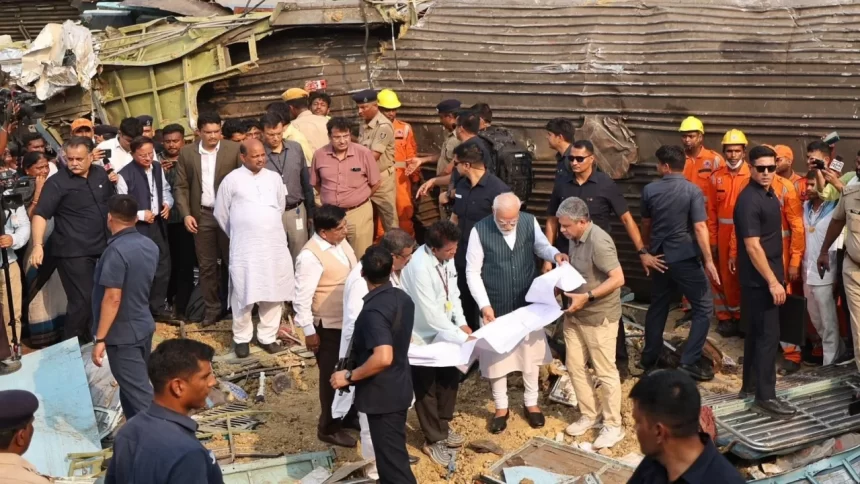Balasore, OdishaCNN —
Manto Kumar was traveling on the Coromandel Express with six of his friends when his train compartment began to violently shake like an earthquake.
“Suddenly something crashed into us. Some of the coaches rolled to the other side,” the 32-year-old restaurant worker told CNN from a hospital in India’s eastern Odisha state.
“I got up and wrapped my shirt around my bleeding head. Then, I started looking for my friends. Everyone was shouting ‘save us… save us.’”
One of Kumar’s friends lost both his legs in the crash and was rushed to hospital. He did not survive his injuries.

Their story is just one of hundreds unfolding across the country as India deals with one of the worst train crashes it has ever seen.
At least 275 people were killed and more than 1,000 others injured after the Coromandel Express slammed into a parked freight train, scattering upturned passenger cars that were then struck by a Howrah Express train traveling at high speed in the opposite direction.
Three days later, families are still trying to locate their loved ones, piles of dead bodies are waiting to be identified and hospitals are laboring to treat an overwhelming number of injured passengers.
Morgues in the city of Balasore had earlier reached full capacity, prompting officials to place some of the bodies in school corridors and a business park for families to identify.
For families that have traveled to the city, aching to locate their loved ones, the wait has been traumatic.
“I’ve been to all the hospitals and I’ve found out nothing,” Laluti Devi, who was looking for her 22-year-old son, told CNN, adding she will now travel nearly four hours south to the state’s capital Bhubaneswar, in a desperate attempt to see if he was transported to a morgue there.

Many of the dead are unclaimed, and local authorities are struggling to deal with the sheer scale of the disaster.
On Sunday, the state government released the photographs of more than 160 victims, many in horrific condition with gruesome injuries, in a bid to help families identify the bodies.
That leaves people facing the agonizing task of scrolling though picture after picture of mangled victims on the off chance they might come across their missing loved one.
A distraught father arrived at one of the identification sites after receiving a WhatsApp photo of his dead son.
“I was looking for my son since (Saturday),” he told local outlet Mojo TV, breaking down as he pointed to the photo. His 23-year-old boy, a laborer, was traveling to the city of Chennai for his job, like many others in the coach with him.
“This is my boy. This is my boy,” the father said through tears after identifying his son’s body.
Elsewhere, two women traveled to several sites, crying with anguish as they tried to locate their missing husbands.
India’s Railways Minister Ashwini Vaishnaw said it was his “goal” to ensure that family members could find their missing loved ones as soon as possible.
“Our responsibility is not over yet,” he said.
At local hospitals, doctors were working around the clock to treat injured patients.
In Balasore, a 15-year-old boy was among hundreds of survivors that arrived at the Government Medical College for treatment.
“People who were alive were shouting for help, praying to god,” he said, adding the train was so full, there was barely any room to stand. “Rescue teams were doing their best to save people. A lot of people were crying,” he said.
Laxminaranyan Dhal, a 52-year-old farmer who was traveling alone, said he clung onto the railing of the train for survival.
“I escaped through the broken windows,” he said. “When I got out, I saw a lot of people lying around – many were dead, some were moaning in pain.”
His spinal chord injury has left him in excruciating pain, making it difficult for the laborer to sit or even to stand.
“I cannot farm anymore, it hurts too much. Only after treatment I can start working,” he said.
‘Unimaginable injuries’
According to senior railway officials, the Coromandel Express, a high-speed train that was traveling from Kolkata to Chennai, was diverted onto a loop line and slammed into a heavy goods train idled at Bahanaga Bazar railway station.
Its carriages derailed onto the opposite track, where they were hit by an oncoming high-speed train, the Howrah Express, which was traveling from Bangalore.
Many of the travelers were migrant workers, en route to Chennai, an urban metropolis in the southernmost Indian state of Tamil Nadu, where jobs are more freely available.
Survivors recalled seeing crowded coaches, packed with travelers, when it began flipping and rolling from the crash.










